Choosing the best DJ headphones is one of the most important decisions you’ll make as a DJ.
Whether you’re just starting out or already playing live gigs, the wrong headphones can ruin your mixing, beatmatching, and overall performance.
In this complete guide, you’ll discover the best DJ headphones for 2026, including budget options, beginner-friendly picks, professional-grade models, and feature-specific recommendations like noise cancelling and wireless DJ headphones.
This guide is written for real DJs, not marketing hype.
What Makes a Good DJ Headphone?
DJ headphones are different from regular headphones.
They are designed for loud environments, fast cueing, and long listening sessions.
Here are the most important things that define a good DJ headphone:
1. Strong Sound Isolation
DJ booths are noisy.
Good DJ headphones block outside noise so you can clearly hear the next track you’re cueing.
This is why closed-back headphones are the industry standard for DJs.
2. Loud, Clear Sound with Strong Bass
DJ headphones need to play loud without distortion.
Clear mids and punchy bass help you beatmatch accurately, even in clubs or outdoor events.
3. Swivel Earcups for One-Ear Monitoring
Most DJs listen with one ear on and one ear off.
Professional DJ headphones come with rotating or swivel earcups, making single-ear monitoring easy.
4. Comfort for Long Sessions
DJ sets can last for hours.
The best DJ headphones are:
- Lightweight
- Well-padded
- Not too tight on the head
Comfort is critical, especially for live performances.
5. Durability
DJ headphones get dropped, twisted, and packed into bags.
Look for:
- Reinforced hinges
- Thick cables
- Replaceable ear pads
Durability separates cheap headphones from professional DJ gear.
Best DJ Headphones Overall (Top Picks)
If you want the best overall DJ headphones, these models balance sound quality, comfort, durability, and price.
They are trusted by beginners and professionals alike.
Best overall DJ headphones usually offer:
- Excellent noise isolation
- Powerful bass response
- Comfortable fit
- Proven reliability
These are the headphones DJs use for clubs, festivals, home mixing, and studio practice.
CT AI Pro Wireless Headphones – Adaptive Active Noise Cancelling, Spatial Audio, & Deep Neural Learning Sound Profile – Limited Cyber-Circuit Edition
Ditch the analog. This AI Headphones analyze your environment and adapt your audio in real-time for the perfect listening experience, every time.
sale!
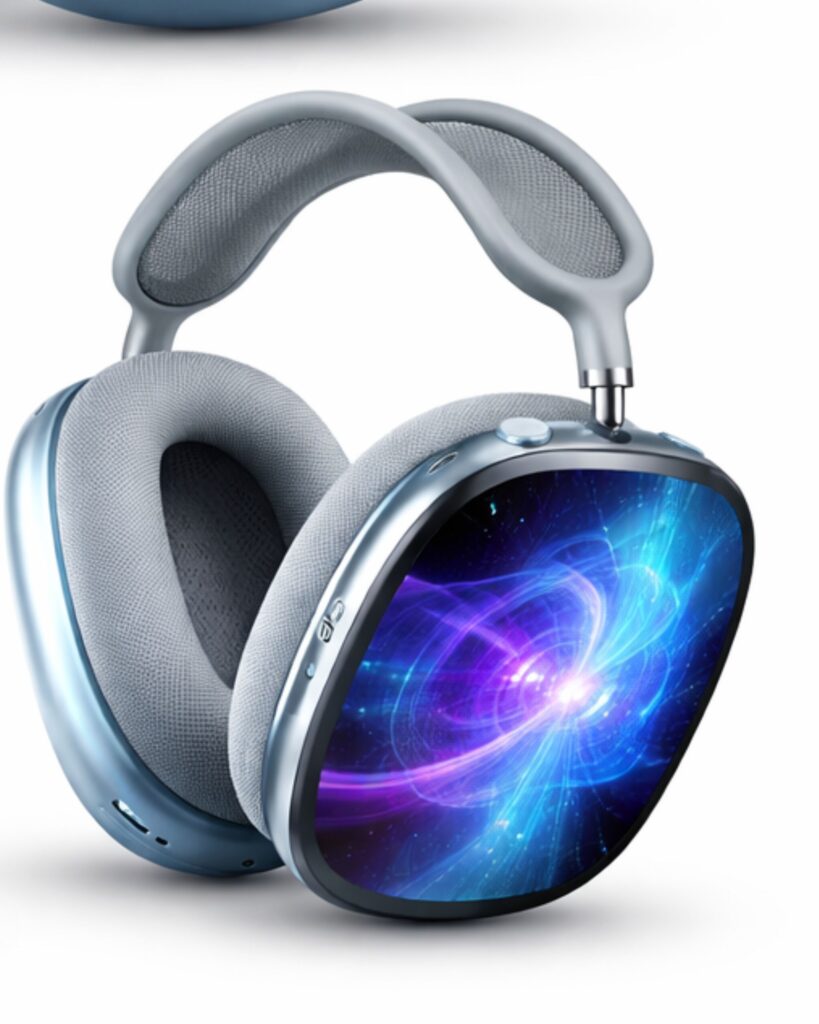
Best Budget DJ Headphones (Affordable & Reliable)
You don’t need to spend a fortune to get good DJ headphones.
The best budget DJ headphones are perfect for:
- Beginners
- Home DJs
- Students
- Hobbyists
What to Expect from Budget DJ Headphones
- Solid sound quality
- Decent isolation
- Basic durability
- Wired connection
If you’re just starting, budget DJ headphones give you everything you need to learn mixing without overspending.
Best DJ Headphones for Beginners
If you’re new to DJing, your headphones should be simple, comfortable, and reliable.
Why Beginners Need DJ-Specific Headphones
Regular headphones struggle in DJ environments.
Beginner DJ headphones help you:
- Learn beatmatching faster
- Hear cue points clearly
- Practice longer without discomfort
What Beginners Should Look For
- Closed-back design
- Comfortable ear padding
- Rotating earcups
- Affordable price
The best DJ headphones for beginners strike a balance between performance and ease of use.
Best Professional DJ Headphones
Professional DJs need headphones they can trust in high-pressure situations.
Professional DJ Headphones Are Built For:
- Clubs and festivals
- Loud sound systems
- Frequent travel
- Daily use
These headphones offer:
- Superior sound clarity
- High volume handling
- Strong clamping force
- Long-term durability
If DJing is your career or serious side hustle, professional DJ headphones are worth the investment.
Best Wireless DJ Headphones
Wireless DJ headphones are growing in popularity.
They offer freedom of movement and a cleaner setup.
Are Wireless DJ Headphones Good?
Wireless DJ headphones are best for:
- Practice sessions
- Home DJ setups
- Casual mixing
However, most professionals still prefer wired headphones for live performances due to zero latency.
When to Choose Wireless
- You DJ at home
- You want flexibility
- Latency is minimal or adjustable
The best wireless DJ headphones combine strong battery life with stable Bluetooth connections.
Best Noise Cancelling DJ Headphones
Noise cancelling DJ headphones help reduce background noise even further.
They are useful for:
- Loud clubs
- Outdoor events
- Busy practice environments
Important Note
Active noise cancelling is helpful, but passive isolation (tight seal + closed-back design) is still the most important feature for DJs.
The best noise cancelling DJ headphones combine both.
Most Durable DJ Headphones
Durability matters more than looks.
The most durable DJ headphones are built to survive:
- Drops
- Twists
- Frequent travel
- Long-term wear
Signs of Durable DJ Headphones
- Metal-reinforced hinges
- Thick, replaceable cables
- Replaceable ear pads
- Solid headband construction
If you DJ often, durability saves money in the long run.
DJ Headphones vs Regular Headphones
Many beginners ask this question.
Are DJ Headphones Different?
Yes.
DJ headphones are designed specifically for:
- Loud environments
- Beatmatching
- Cueing tracks
- One-ear monitoring
Regular Headphones Lack:
- Proper isolation
- Rotating earcups
- High volume handling
If you’re serious about DJing, regular headphones are not enough.
How to Choose the Right DJ Headphones
Before buying, ask yourself these questions:
1. Where Will You DJ?
- Home practice
- Clubs
- Events
- Studio
2. Wired or Wireless?
- Wired = best for live DJing
- Wireless = best for home use
3. Budget
- Under $50 → beginner level
- Under $100 → solid performance
- Premium → professional reliability
4. Comfort & Fit
Always prioritize comfort.
If headphones hurt after 30 minutes, they won’t work for DJing.
Frequently Asked Questions (FAQs)
The best DJ headphones in 2026 offer strong sound isolation, durable build quality, and comfortable designs suitable for long DJ sessions.
Yes, if you DJ regularly or professionally. They last longer and perform better in loud environments.
Yes. Many beginners prefer professional models because they don’t need upgrading later.
Not recommended. Wired DJ headphones are more reliable for live performances.
Final Thoughts
The best DJ headphones help you mix better, perform confidently, and enjoy DJing more.
Whether you’re a beginner, a home DJ, or a professional, choosing the right headphones makes a real difference.
Use this guide to find DJ headphones that match your budget, experience level, and DJ style.
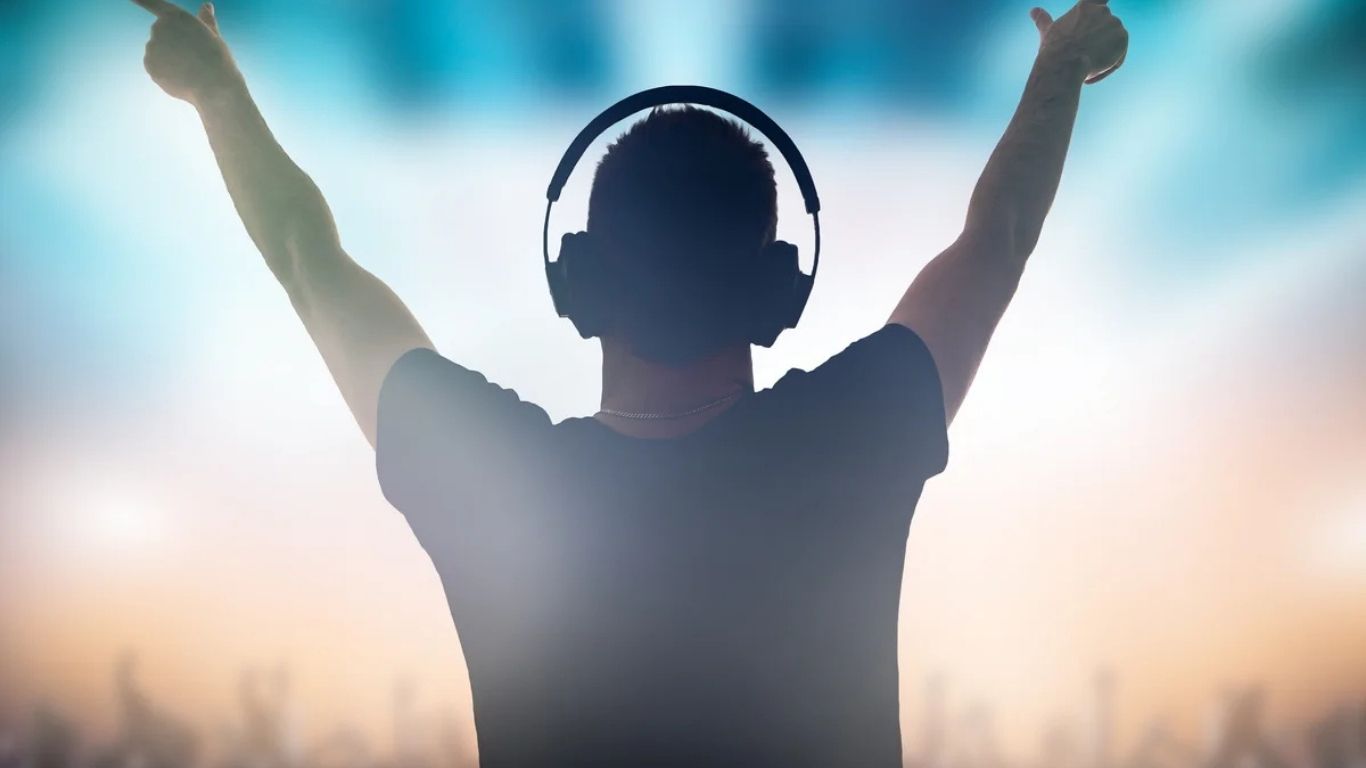

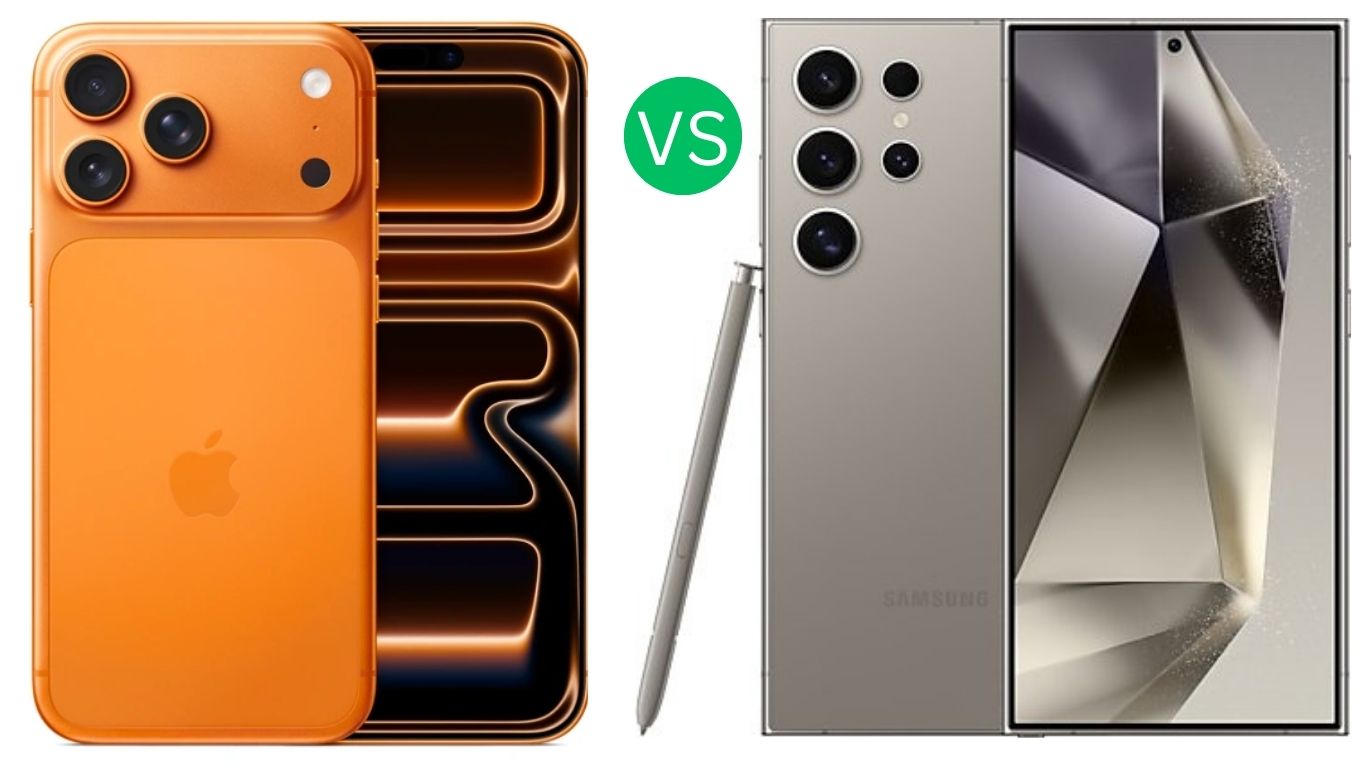
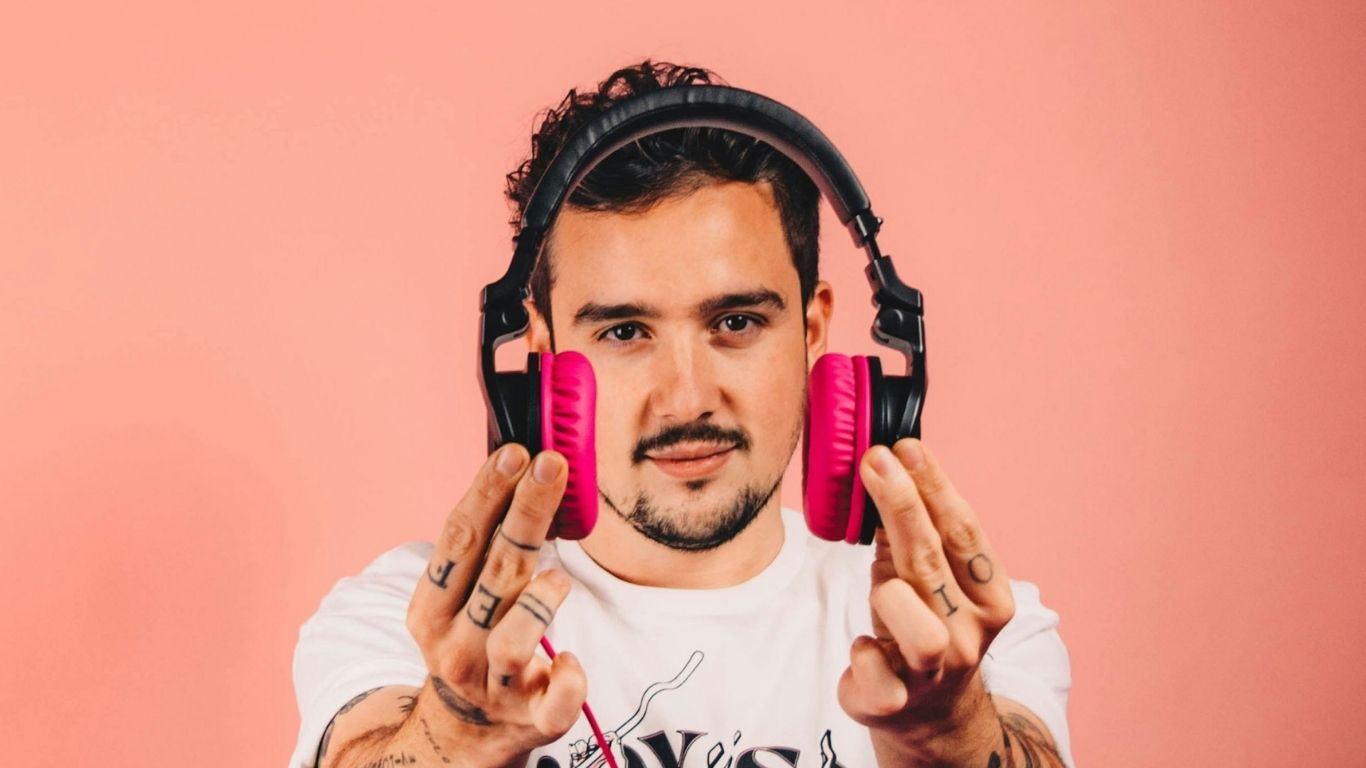
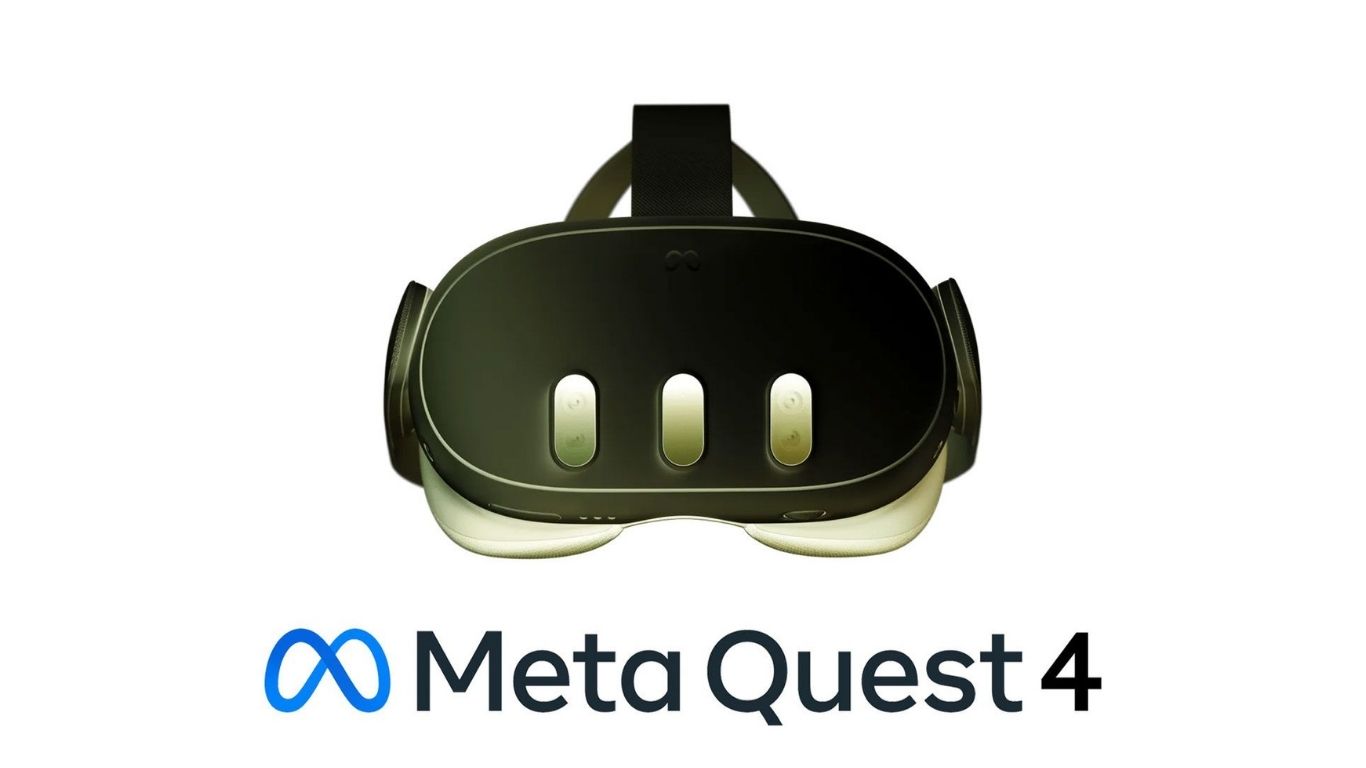

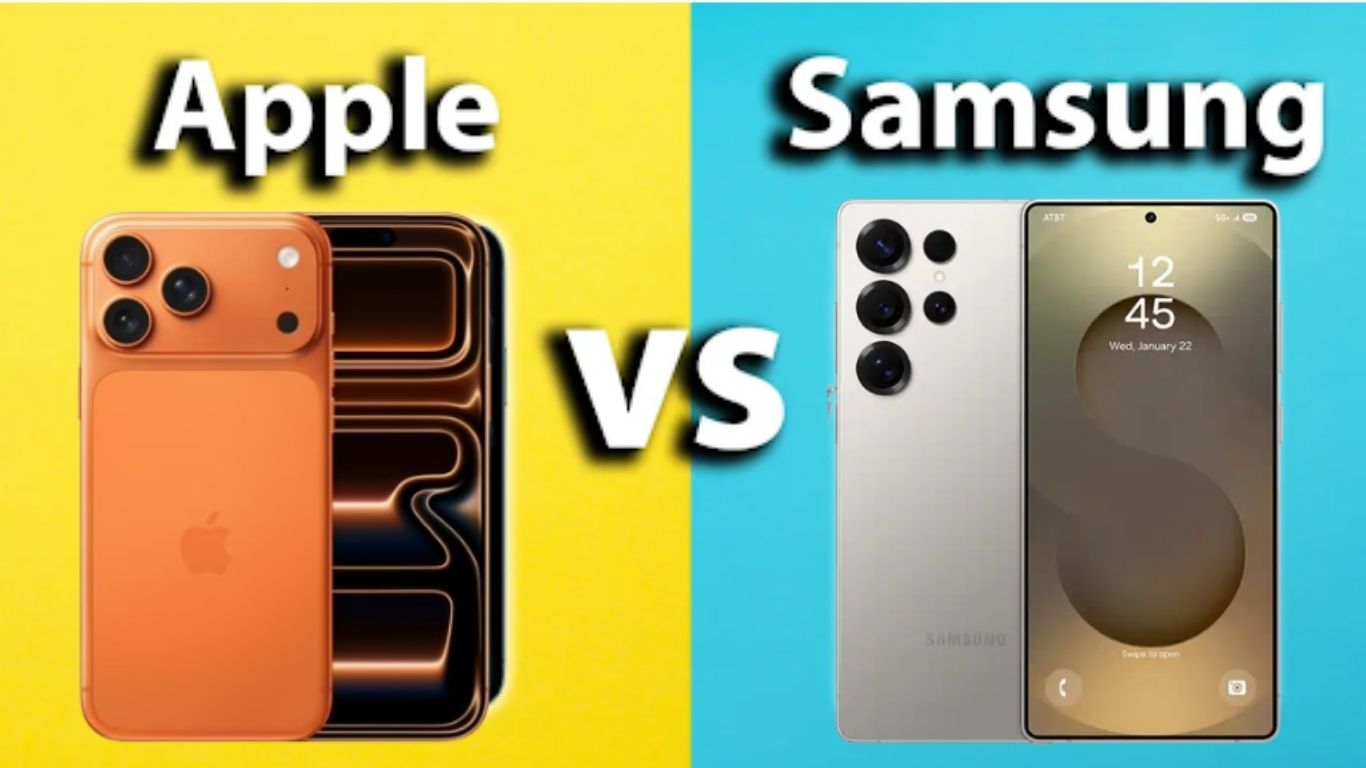
One Comment